
This month’s pop-up collections spotlight falls on international literary prize winners. The following books were selected by the staff of Duke University Libraries’ International and Area Studies Department. These selections represent diverse genres (novel, drama, short story, poetry, memoir, oral history) and regions of the globe (Latin America, Europe, Asia, Africa, Middle East). Taken together, the list below not only provides suggestions for entertaining reads, but also sheds light on one of the many ways that the Libraries’ collections and services align with the University priorities of “internationalization” and “interdisciplinarity.”
(click on book photos for links to books in our collection)
Winners of the Noble Prize in Literature
 Gabriela Mistral (Chile, 1945)
Gabriela Mistral (Chile, 1945)
“for her lyric poetry which, inspired by powerful emotions, has made her name a symbol of the idealistic aspirations of the entire Latin American world.”
 Miguel Angel Asturias (Guatemala, 1967)
Miguel Angel Asturias (Guatemala, 1967)
“for his vivid literary achievement, deep-rooted in the national traits and traditions of Indian peoples of Latin America.”
 Wisława Szymborska (Poland, 1996)
Wisława Szymborska (Poland, 1996)
“for poetry that with ironic precision allows the historical and biological context to come to light in fragments of human reality.”
 Svetlana Alexievich (Belarus, 2015)
Svetlana Alexievich (Belarus, 2015)
“for her polyphonic writings, a monument to suffering and courage in our time.”
 Gao Xingjian (China, 2000)
Gao Xingjian (China, 2000)
“for an æuvre of universal validity, bitter insights and linguistic ingenuity, which has opened new paths for the Chinese novel and drama.”
 Mo Yan (China, 2012)
Mo Yan (China, 2012)
“who with hallucinatory realism merges folk tales, history and the contemporary.”
 Wole Soyinka (Nigeria, 1986)
Wole Soyinka (Nigeria, 1986)
“who in a wide cultural perspective and with poetic overtones fashions the drama of existence.”
 Dario Fo (Italy, 1997)
Dario Fo (Italy, 1997)
“who emulates the jesters of the Middle Ages in scourging authority and upholding the dignity of the downtrodden.”
 Patrick Modiano (France, 2014)
Patrick Modiano (France, 2014)
“for the art of memory with which he has evoked the most ungraspable human destinies and uncovered the life-world of the occupation.”
 Herta Müller (Germany, 2009)
Herta Müller (Germany, 2009)
“who, with the concentration of poetry and the frankness of prose, depicts the landscape of the dispossessed.”
 Shmuel Yosef Agnon (Israel, 1966)
Shmuel Yosef Agnon (Israel, 1966)
“for his profoundly characteristic narrative art with motifs from the life of the Jewish people.”
 Ōe Kenzaburō (Japan, 1994)
Ōe Kenzaburō (Japan, 1994)
“who with poetic force creates an imagined world, where life and myth condense to form a disconcerting picture of the human predicament today.”
 Kawabata Yasunari (Japan, 1968)
Kawabata Yasunari (Japan, 1968)
“for his narrative mastery, which with great sensibility expresses the essence of the Japanese mind.”
 Orhan Pamuk (Turkey, 2006)
Orhan Pamuk (Turkey, 2006)
“who in the quest for the melancholic soul of his native city has discovered new symbols for the clash and interlacing of cultures.”
 Najīb Maḥfūẓ (Egypt, 1988)
Najīb Maḥfūẓ (Egypt, 1988)
“who, through works rich in nuance – now clear-sightedly realistic, now evocatively ambiguous – has formed an Arabian narrative art that applies to all mankind.”
Winners of the Man Booker Prize for Fiction
 David Grossman (Israel, 2017)
David Grossman (Israel, 2017)
whose “ambitious high-wire act of a novel…shines a spotlight on the effects of grief, without any hint of sentimentality.”
 Salman Rushdie (UK, 1981)
Salman Rushdie (UK, 1981)
whose novel about India’s political independence offers a “fascinating family saga and an astonishing evocation of a vast land and its people – a brilliant incarnation of the universal human comedy.”
 Arundhati Roy (India, 1997)
Arundhati Roy (India, 1997)
whose novel not only “paints a vivid picture about life in a small rural Indian town…in magical and poetic language,” but also offers “a poignant lesson in the destructive power of the caste system and moral and political bigotry in general.”
 Han Kang (South Korea, 2016)
Han Kang (South Korea, 2016)
whose “fraught, disturbing, and beautiful” novel is not only about “modern day South Korea, but also…shame, desire, and our faltering attempts to understand others, from one imprisoned body to another.”
Winner of the Baileys Women’s Prize for Fiction
UK prize awarded for best full-length novel written in English by a woman of any nationality
 Lisa McInerney (Ireland, 2016)
Lisa McInerney (Ireland, 2016)
whose “searing debut novel about life on the fringes of Ireland’s post-crash society…presents an unforgettable vision of a city plagued by poverty and exploitation, where salvation still awaits in the most unexpected places.”
Winner of the Dinaane Debut Fiction Award
South African literary prize awarded to writers who have never been published before. The word “dinaane” means “telling our stories together” in Setswana.
 Kopano Matlwa (South Africa, 2006)
Kopano Matlwa (South Africa, 2006)
whose “audacious, lyrical and compassionate tale explores the grey, in-between, intimate experiences and dilemmas of a young girl who, like the society around her, is undergoing changes that call old boundaries, comforts and certitudes into question.”
Winner of the Commonwealth Book Prize for Asia
Literary prize awarded to writers who were Commonwealth citizens aged 18 or over and who have had their first novel published in the year of entry.
 Nayomi Munaweera (Sri Lanka, 2013)
Nayomi Munaweera (Sri Lanka, 2013)
whose “sweeping saga” of the Sri Lankan civil war “offers an unparalleled portrait of a beautiful land during its most difficult moments.”
Blog post provided by Erik Zitser, Librarian for Slavic, Eurasian, and Eastern European Studies


















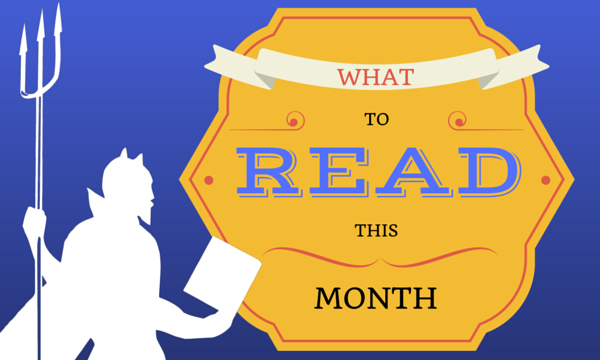






















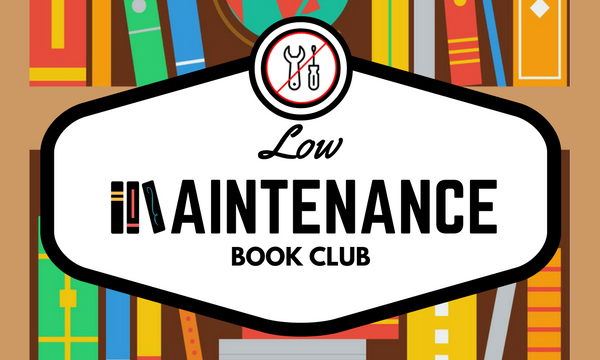
 At the next meeting of the Duke University Libraries’
At the next meeting of the Duke University Libraries’






 In
In 













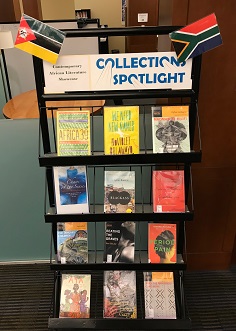 What is African literature? Is it literature created by Africans or about Africans? These are some of the questions students in the Duke Africa Conversations Club hope to spark in their selection of books for Duke University Libraries’ current Collection Spotlight on Contemporary African Literature.
What is African literature? Is it literature created by Africans or about Africans? These are some of the questions students in the Duke Africa Conversations Club hope to spark in their selection of books for Duke University Libraries’ current Collection Spotlight on Contemporary African Literature. The Africa Conversations Club encourages discourse at Duke about issues relating to the African continent and the African diaspora. Their selections (chosen in consultation with Heather Martin, African and African American Studies Librarian) highlight contemporary African fiction, nonfiction, and poetry.
The Africa Conversations Club encourages discourse at Duke about issues relating to the African continent and the African diaspora. Their selections (chosen in consultation with Heather Martin, African and African American Studies Librarian) highlight contemporary African fiction, nonfiction, and poetry.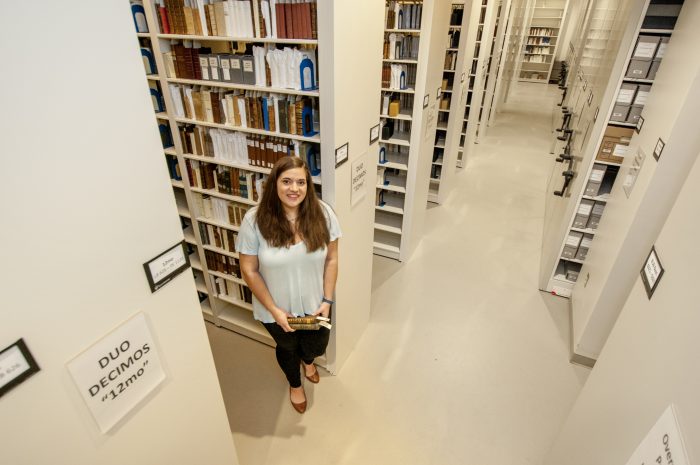












































































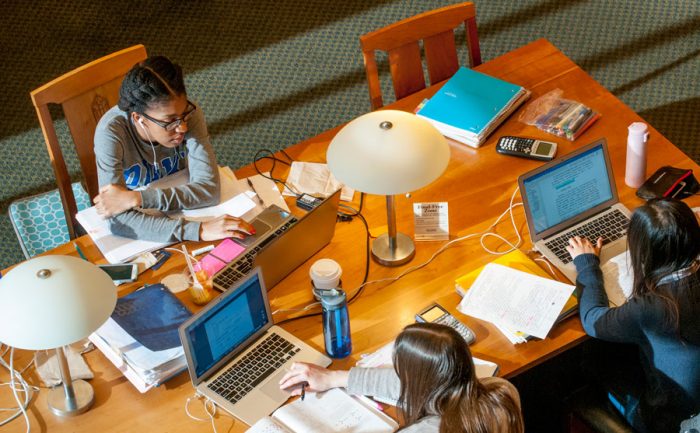





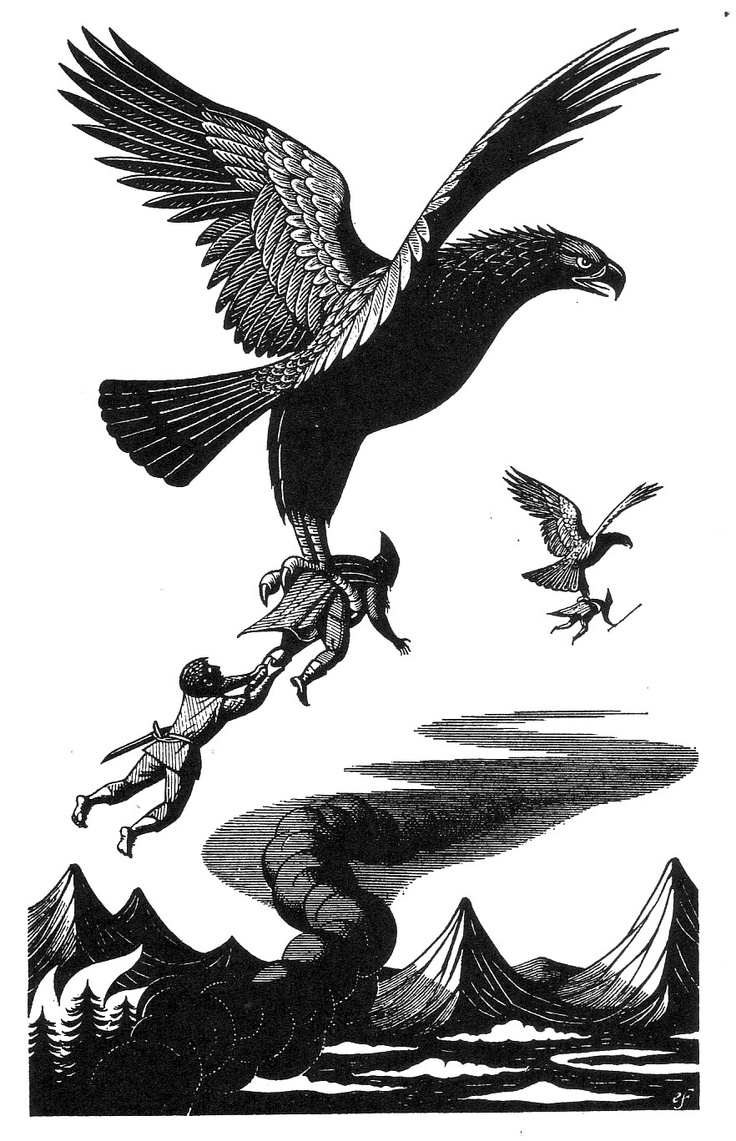







 In honor of the “
In honor of the “





 You can find a copy at
You can find a copy at 

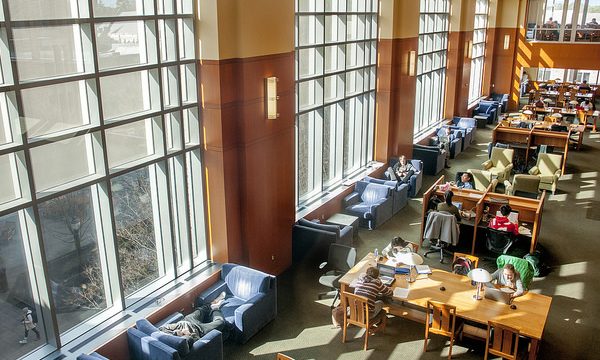



























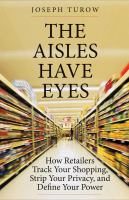
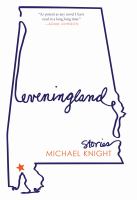




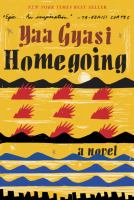

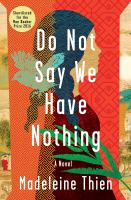
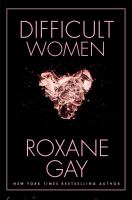

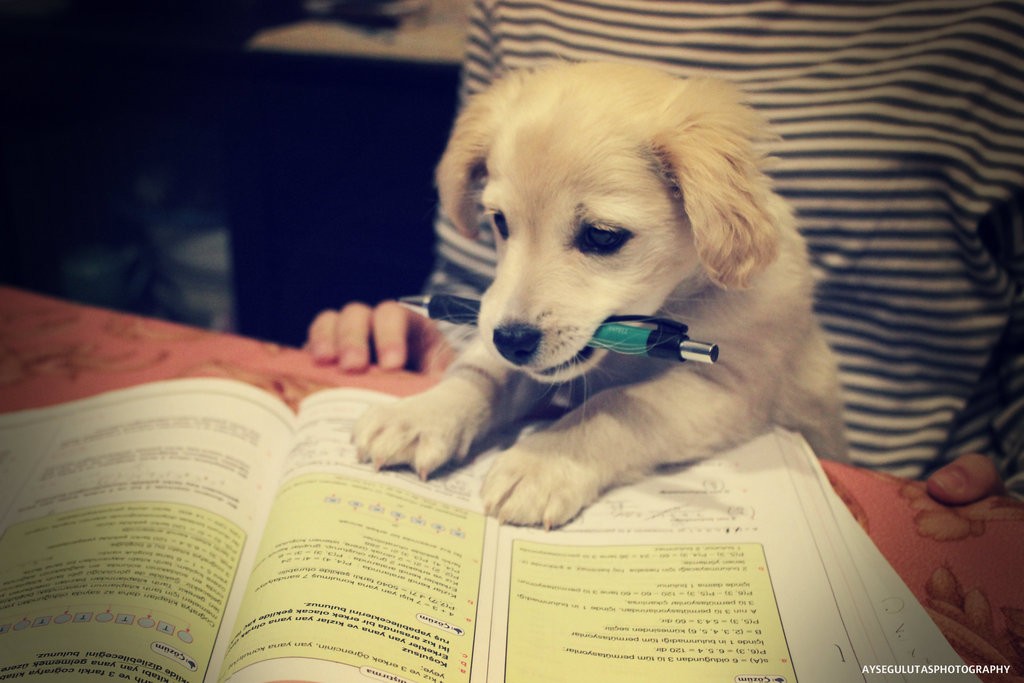
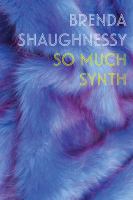
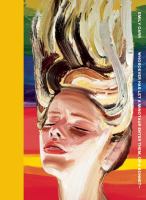
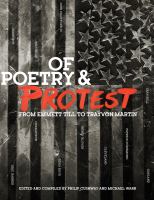
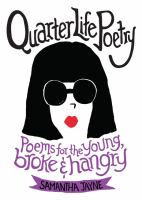
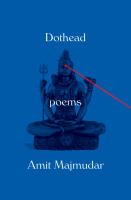



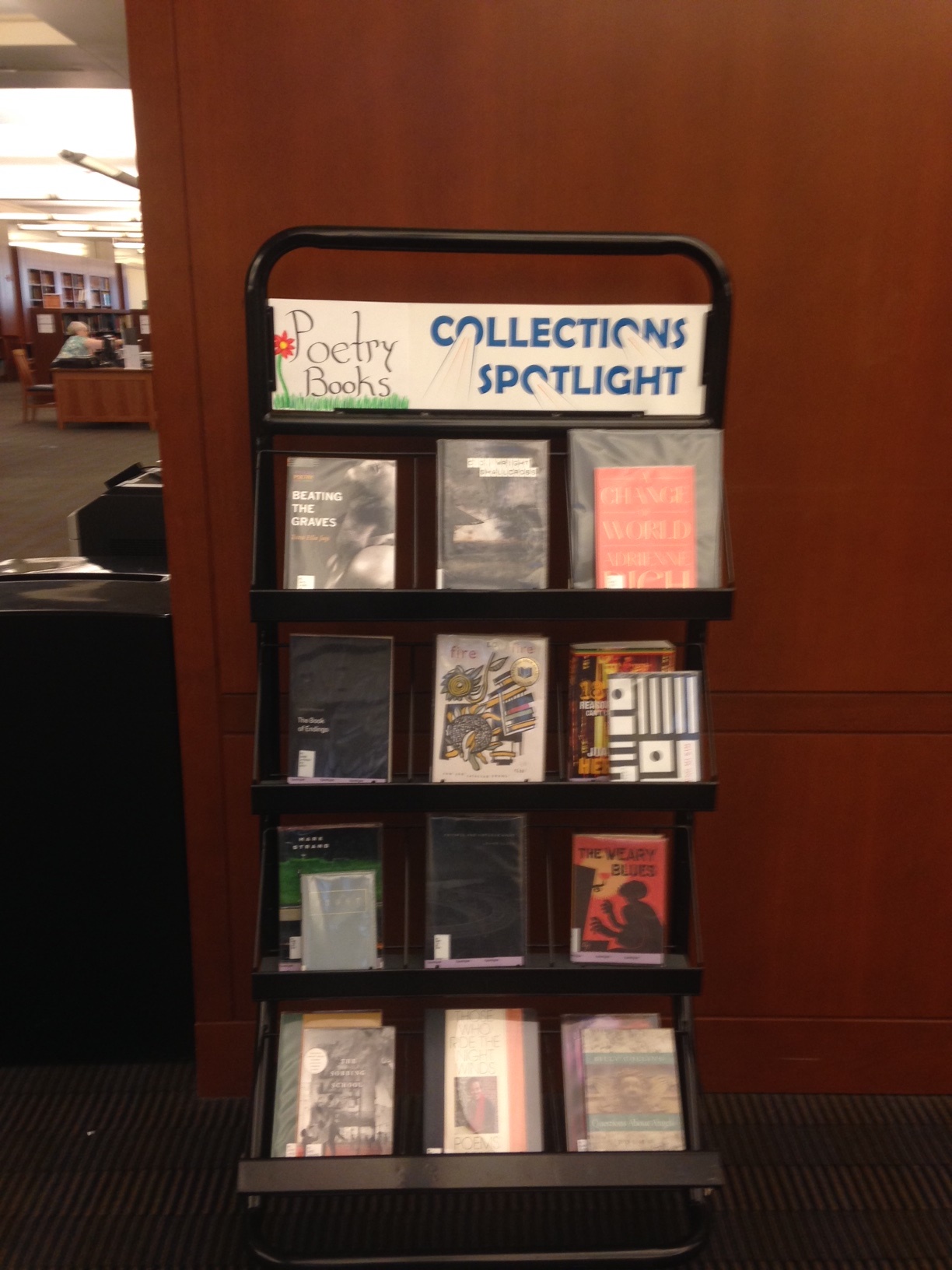





 Seasonal Velocities: Poems, Stories, and Essays
Seasonal Velocities: Poems, Stories, and Essays Trans: A Memoir
Trans: A Memoir Redefining Realness: My Path to Womanhood, Identity, Love & So Much More
Redefining Realness: My Path to Womanhood, Identity, Love & So Much More
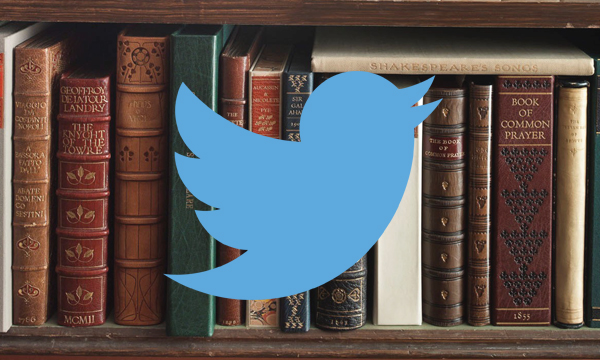


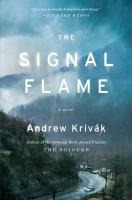
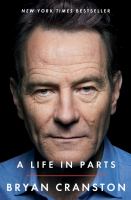


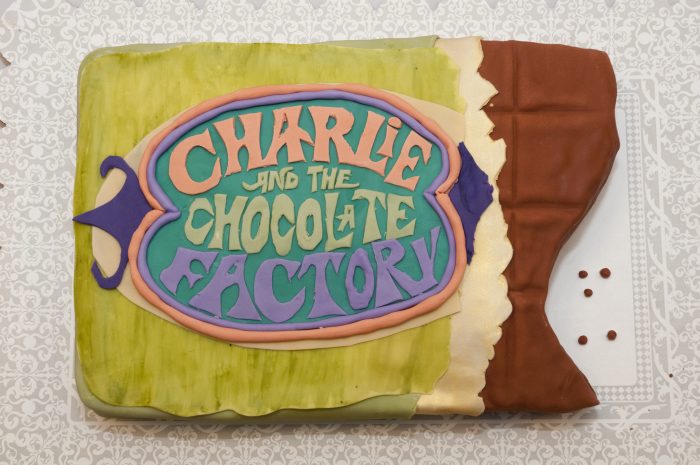



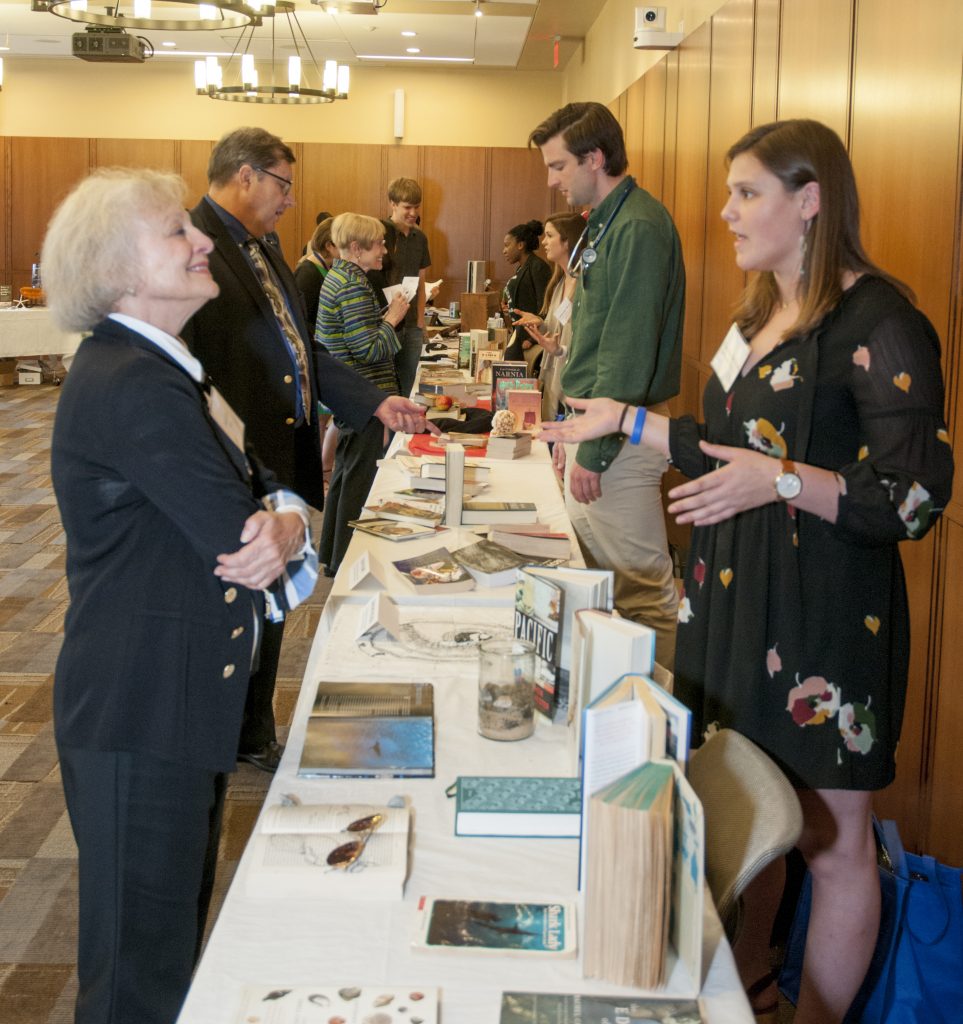
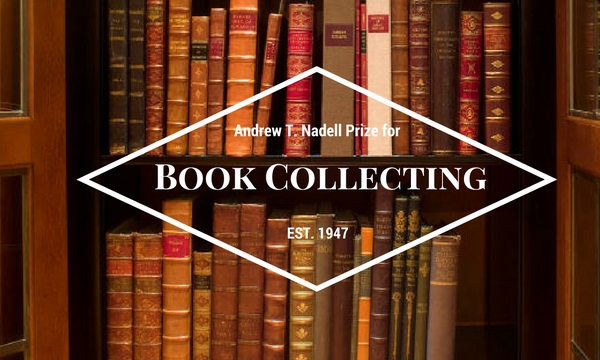

 My life has always revolved around the sale and distribution of food. My food-centric lifestyle is not all that surprising, as my family owns and operates gourmet food stores in Pittsburgh. By the time I was three years old, I was working behind the counter, standing on a plastic milk carton so that customers could see me while I earned my family “business degree.” After years of practice (and a growth spurt or two) I could easily reach over the counter to hand my family’s homemade kielbasas to customers. My grandfather made those sausages. He established the family business, too, by starting as an itinerant vendor at a roadside food stand in the 1940s. Over time, he worked his way towards opening a series of grocery stores with the support of my grandmother, mother, aunts, and uncles. Together, my family created a business committed to supporting small-scale local farmers and artisans while preserving the culinary heritage of Pittsburgh.
My life has always revolved around the sale and distribution of food. My food-centric lifestyle is not all that surprising, as my family owns and operates gourmet food stores in Pittsburgh. By the time I was three years old, I was working behind the counter, standing on a plastic milk carton so that customers could see me while I earned my family “business degree.” After years of practice (and a growth spurt or two) I could easily reach over the counter to hand my family’s homemade kielbasas to customers. My grandfather made those sausages. He established the family business, too, by starting as an itinerant vendor at a roadside food stand in the 1940s. Over time, he worked his way towards opening a series of grocery stores with the support of my grandmother, mother, aunts, and uncles. Together, my family created a business committed to supporting small-scale local farmers and artisans while preserving the culinary heritage of Pittsburgh.





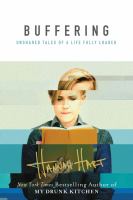
 Citizen Scientist: Searching for Heroes and Hope in an Age of Extinction
Citizen Scientist: Searching for Heroes and Hope in an Age of Extinction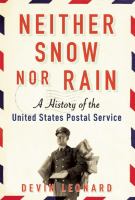
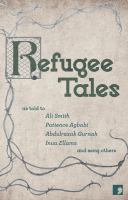
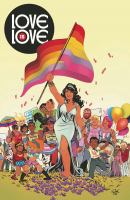

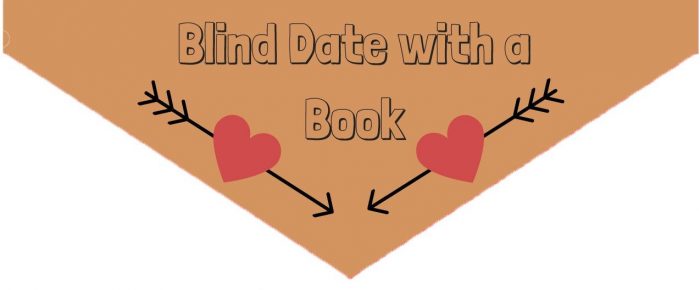








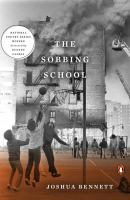




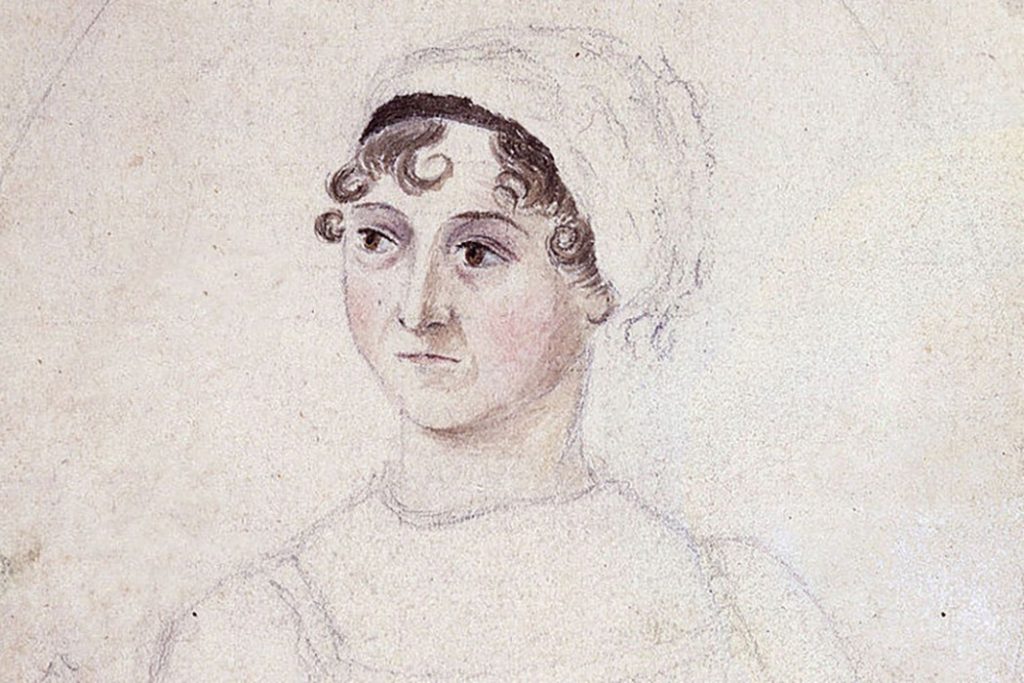


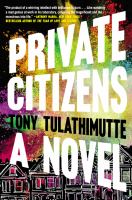
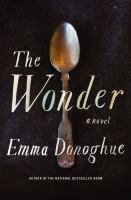
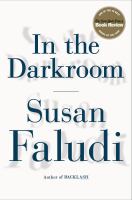
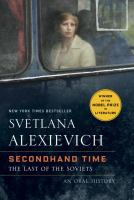
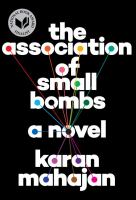

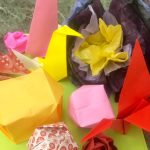

 If your growing to-do list has you overwhelmed..
If your growing to-do list has you overwhelmed..

